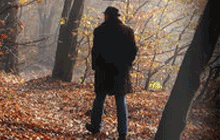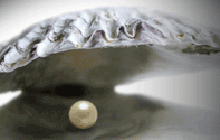Born on February 27, 1807, in Portland, Maine, Henry Wadsworth Longfellow became a Harvard scholar versed in several European languages. He was heavily influenced by romanticism and made a name as a poet and novelist with works like Hyperion, Evangeline, Poems on Slavery and The Song of Hiawatha. Known for his translation of Dante’s Divine Comedy as well, Longfellow died on March 24, 1882, in Cambridge, Massachusetts.
“A Psalm of Life,” subtitled ‘What the heart of the young man said to the psalmist’, is a poem that was first published in the Knickerbocker Magazine in 1838. The poem strives to look at the human attitude toward life and death. The major theme of the poem is that living is not the only thing humans are put on earth for. While heaven may be the goal at the end of life, humans are also sent to earth to live productive and generous lives as well. (Source)
A Psalm of Life
By Henry Wadsworth Longfellow
(Listen to the poem here)
What the Heart of the Young Man Said to the Psalmist
Tell me not, in mournful numbers,
“Life is but an empty dream!”
For the soul is dead that slumbers,
And things are not what they seem.
Life is real! Life is earnest!
And the grave is not its goal;
“Dust thou art, to dust returnest,”
Was not spoken of the soul.
Not enjoyment, and not sorrow,
Is our destined end or way;
But to act, that each to-morrow
Finds us farther than to-day.
Art is long, and Time is fleeting,
And our hearts, though stout and brave,
Still, like muffled drums, are beating
Funeral marches to the grave.
In the world’s broad field of battle,
In the bivouac of Life,
Be not like dumb, driven cattle!
Be a hero in the strife!
Trust no Future, howe’er pleasant!
Let the dead Past bury its dead!
Act,–act in the living Present!
Heart within, and God o’erhead!
Lives of great men all remind us
We can make our lives sublime,
And, departing, leave behind us
Footprints on the sands of time;
Footprints, that perhaps another,
Sailing o’er life’s solemn main,
A forlorn and shipwrecked brother,
Seeing, shall take heart again.
Let us, then, be up and doing,
With a heart for any fate;
Still achieving, still pursuing
Learn to labor and to wait.



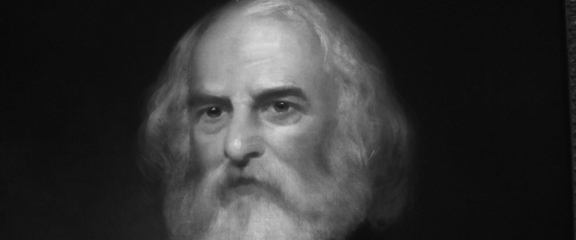

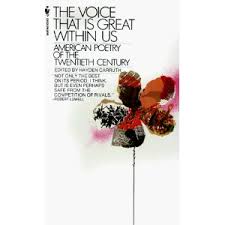
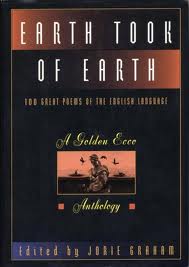
_17422494921.png )
